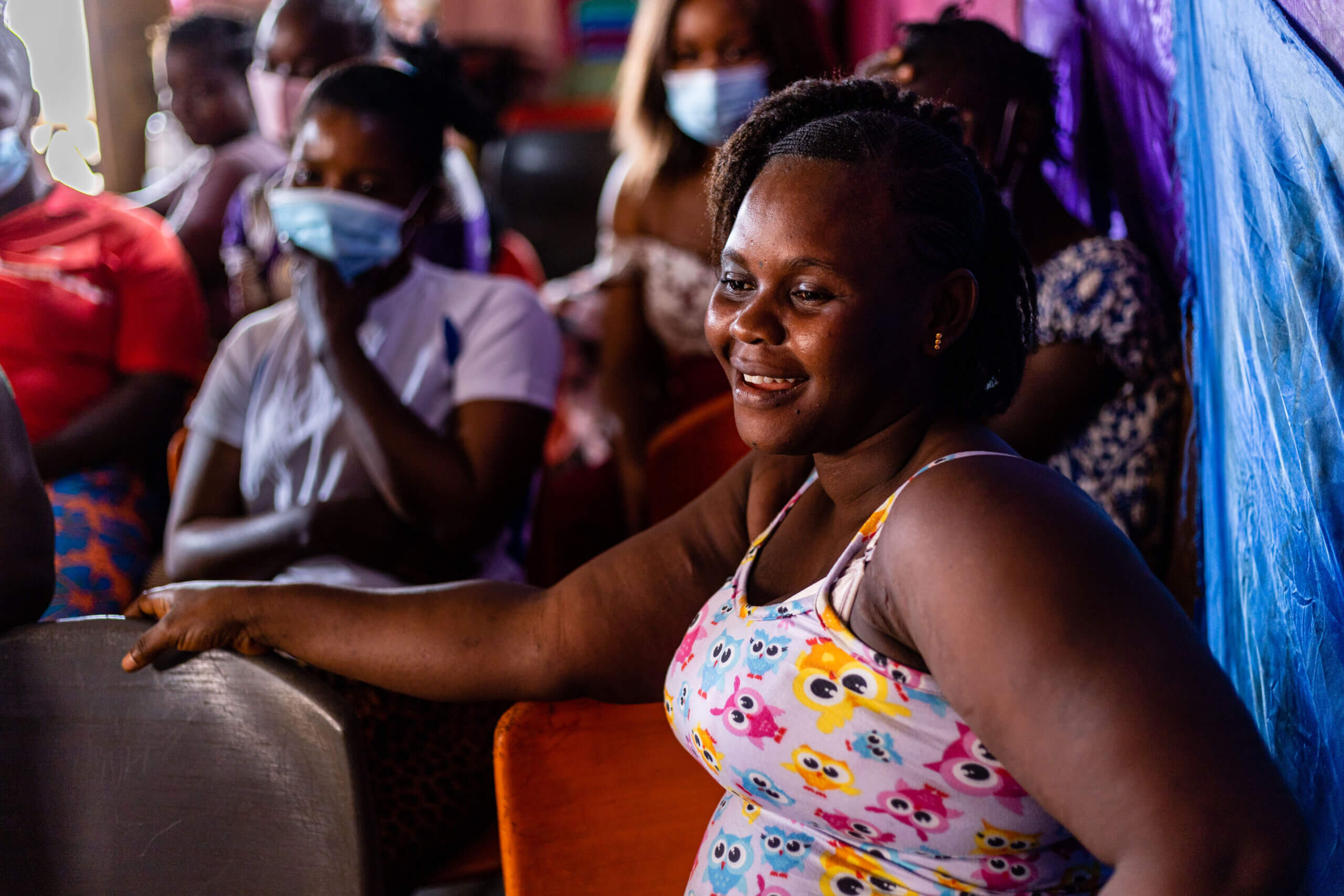MSI Kenya successfully advocates for ‘Big 5’ document to protect abortion care
The Ministry of Health has responded to instruction from the Supreme Court to reinstate the 2012 Standards and Guidelines for Reducing Morbidity and Mortality from Unsafe Abortion, accepting a revised document titled ‘Big 5’.
In 2013, the Ministry withdrew from the 2012 guidelines on provision of comprehensive abortion care. No explanation or consultation was given for this backtrack, provoking confusion, fear, and stigma, and causing providers to step back from abortion care provision due to uncertainty about the legality.
Even though the 2010 constitutional provisions permit abortion to save a life, to protect physical and mental health, in cases of foetal abnormality, and in cases of sexual violence, those that continued to provide services risked false imprisonment.
MSI Kenya partnered with the Reproductive and Maternal Health Consortium Kenya to initially advocate for full reinstatement, but changed the strategy in 2018 to negotiate for a new document under a new title. This change in approach encouraged the Ministry of Health to comply without seemingly backtracking on withdrawal from 2012 guidelines.
After extensive civil society advocacy, the Ministry of Health has finally approved the Clinical Handbook on Prevention and Management of the Big 5 Direct Causes of Maternal Morbidity and Mortality in Kenya (also known as the Big 5).
The Big 5 are:
- Postpartum hemorrhage
- Hypertensive disease in pregnancy
- Sepsis
- Obstructed labor
- Early pregnancy complications, including information on providing abortion and post-abortion care
These guidelines are critical because they finally replace the guidelines which were withdrawn by the MoH in 2015, which recognized unsafe abortion as one of the biggest drivers of maternal mortality and guided comprehensive abortion care provision within the parameters of Article 26 of the constitution. The withdrawal of the guidelines and subsequent arrests of providers sent a clear but false message that safe abortion care provision was not permitted (even though abortion provision was permitted according to the constitution). The gap left by the withdrawal of the guidelines cause years of confusion, chilling and fear amongst providers and women seeking services.
The Reproductive and Maternal Health Consortium and Ministry of Health co-led the initial drafting of the Big 5, and Reproductive and Maternal Health Consortium members began mobilising to build support around the new document. The appointment of a new Ministry of Health Director General, with an OB-GYN background, also helped strengthen technical leadership and consensus in the ministry.
MSI Kenya supported regular Reproductive and Maternal Health Consortium meetings and strategy development efforts, which increased alignment between civil society partners. Civil society groups also facilitated informal technical meetings with champions in the Ministry of Health. MSI Kenya and MSI GSO team members reviewed multiple drafts of the guidelines between 2019 and 2023.
In 2019, the Supreme Court ruled that the removal of the guidelines had violated both the right to comprehensive and accurate health information, as well as the right to the highest standard of health for women and girls, stating that the Ministry of Health should reinstate them immediately. The COVID-19 pandemic and the elections delayed progress for a few years, but partners and technical experts were quietly refining the guidelines behind the scenes.
The anti-abortion movement in Kenya is virulent, which encouraged altering language in the new guidelines as to not attract too much attention. A technical review in 2022, and a further consultation in 2023, gave MSI Kenya the opportunity to advocate for the removal of requirements that procedures must be carried out in clinics with blood transfusion facilities. A court ruling that exonerated a public sector provider accused of providing illegal abortions also boosted the Ministry of Health’s confidence.
The revised guidelines were finally approved in 2023 and the Ministry of Health Director General requested county governments to work with implementing partners to instate the guidelines and ensure comprehensive abortion care across Kenya is in line with 2010 constitutional provisions.
The reinstatement of these guidelines after nearly 10 years of advocacy, coordinated through the RMNKAH and direct demands from the Supreme Court of Kenya, sends a message that the Ministry of Health and government stands by the provisions of Article 26 of the constitution, upholds women rights to seek abortion services within the provisions of Article 26 and sets out clear clinical guidance as to how the services can be carried out in the Kenyan health system. The Ministry of Health will now afford the appropriate protections to providers who work within the parameters of Article 26 of the constitution and the clinical guidance provided by the Big 5.






